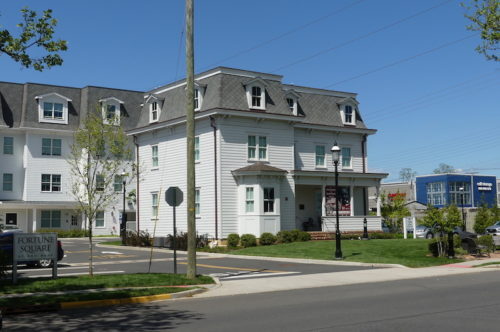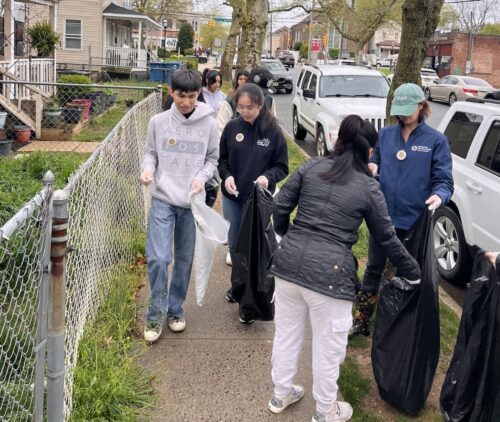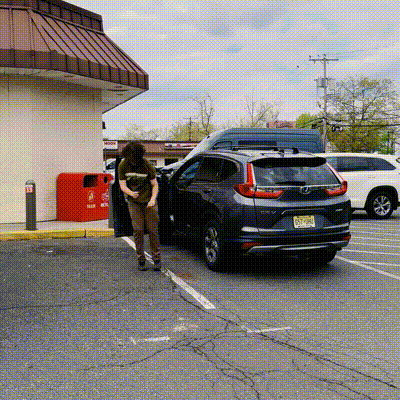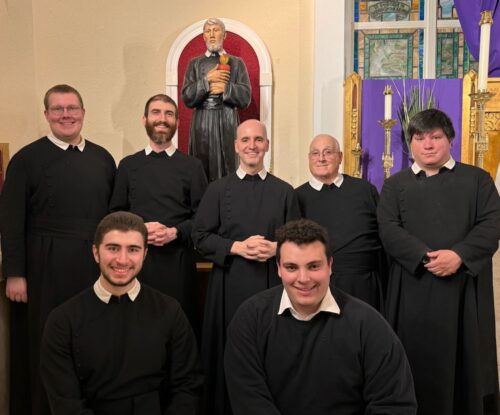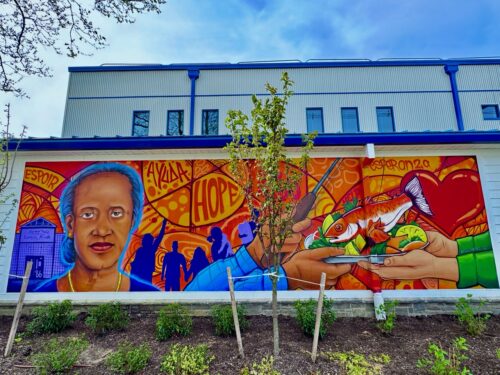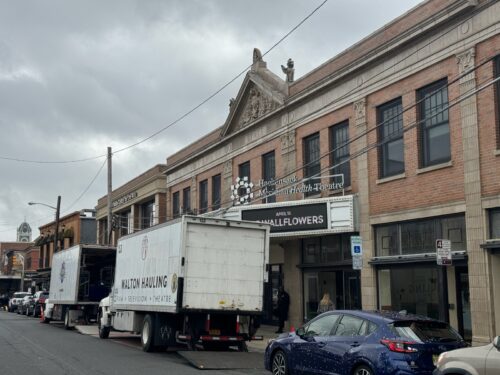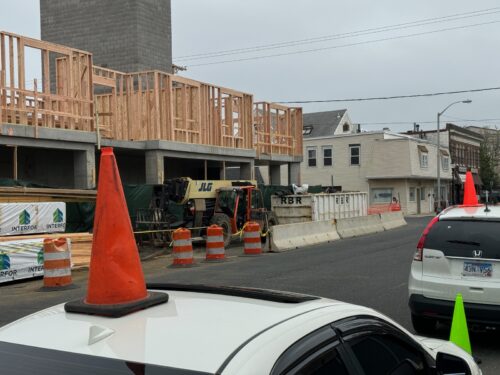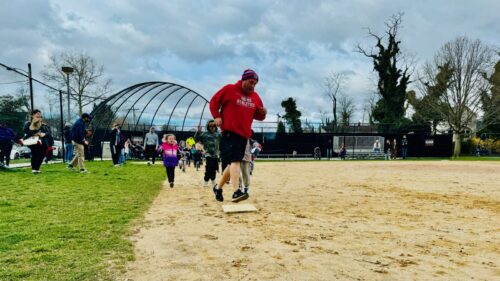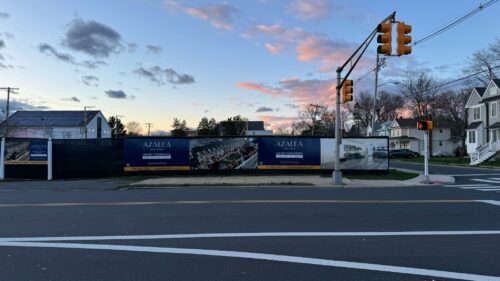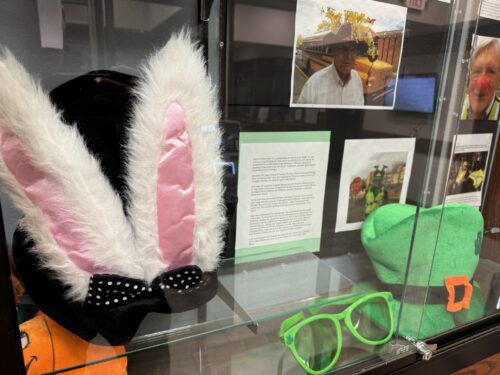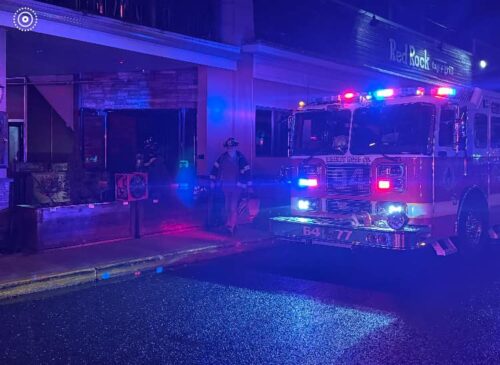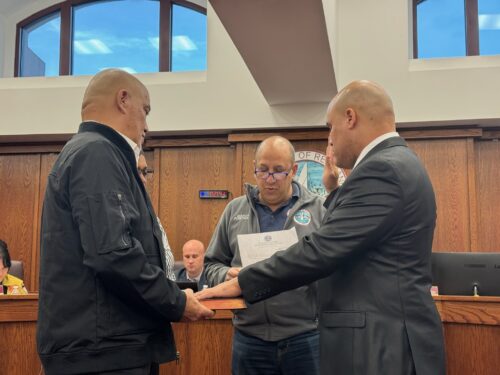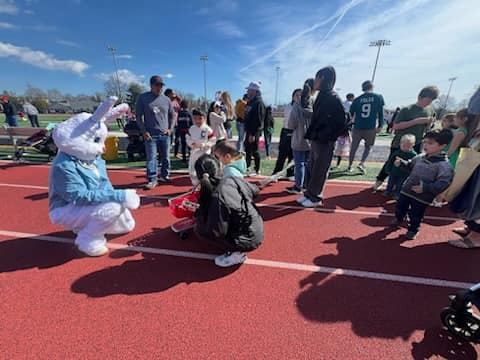
By DUSTIN RACIOPPI
Weed’s days as the gateway drug might be numbered.
“Most kids who abuse drugs now, they take their first hit of whatever it is from their parent’s medicine cabinet,” said Middletown police Lieutenant John McGuire.
McGuire, sitting on a panel of law enforcement, government and school officials at Middletown Arts Center Wednesday, said the trend in town over the last decade is children and he meant children getting their first exposure to drugs through prescriptions.
Along with the other panelists, McGuire was charged with exposing an auditorium overflowing with middle school-aged children, and some parents, to the dangers of drugs and alcohol, in what former mayor Tom Hall said was a forum meant to be as honest and uncomfortable as possible: Middletown drug alliance‘s eighth annual Reaching Out To Prevent Substance Abuse symposium.
They had the honest and uncomfortable parts covered.
Mike Slover, chairman of the alliance and a retired township detective, made the point clear within the first minutes of the program.
Just as young adults lost their lives in two separate car accidents recently, somebody else is going to die because of alcohol or drugs in Middletown, maybe this week, he said.
One family in Leonardo recently lost their third family member to Oxycontin, Slover said.
And there are at least 20 former students he’s given the same type of anti-drug talks to since 1986 who have died because of drugs or alcohol.
That’s why it’s imperative to deliver the message to children when they’re young. Parents, teachers, cops and just about anybody willing to speak up must, he said.
“We can’t wait for something else to happen,” Slover said. “We have to do what we can, one day at a time.”
It’s an uphill battle, of course, and statistics suggest that one or two in Wednesday’s audience will fall victim to the effects of drugs and alcohol. But when one student asked Slover if he thought his efforts have helped people in Middletown stay safe, his answer was, “absolutely. It’s going to be positive down the road.”
“This is all about telling the truth,” he said, “because when somebody else dies in Middletown I want to say we did what we could before it happened.”


